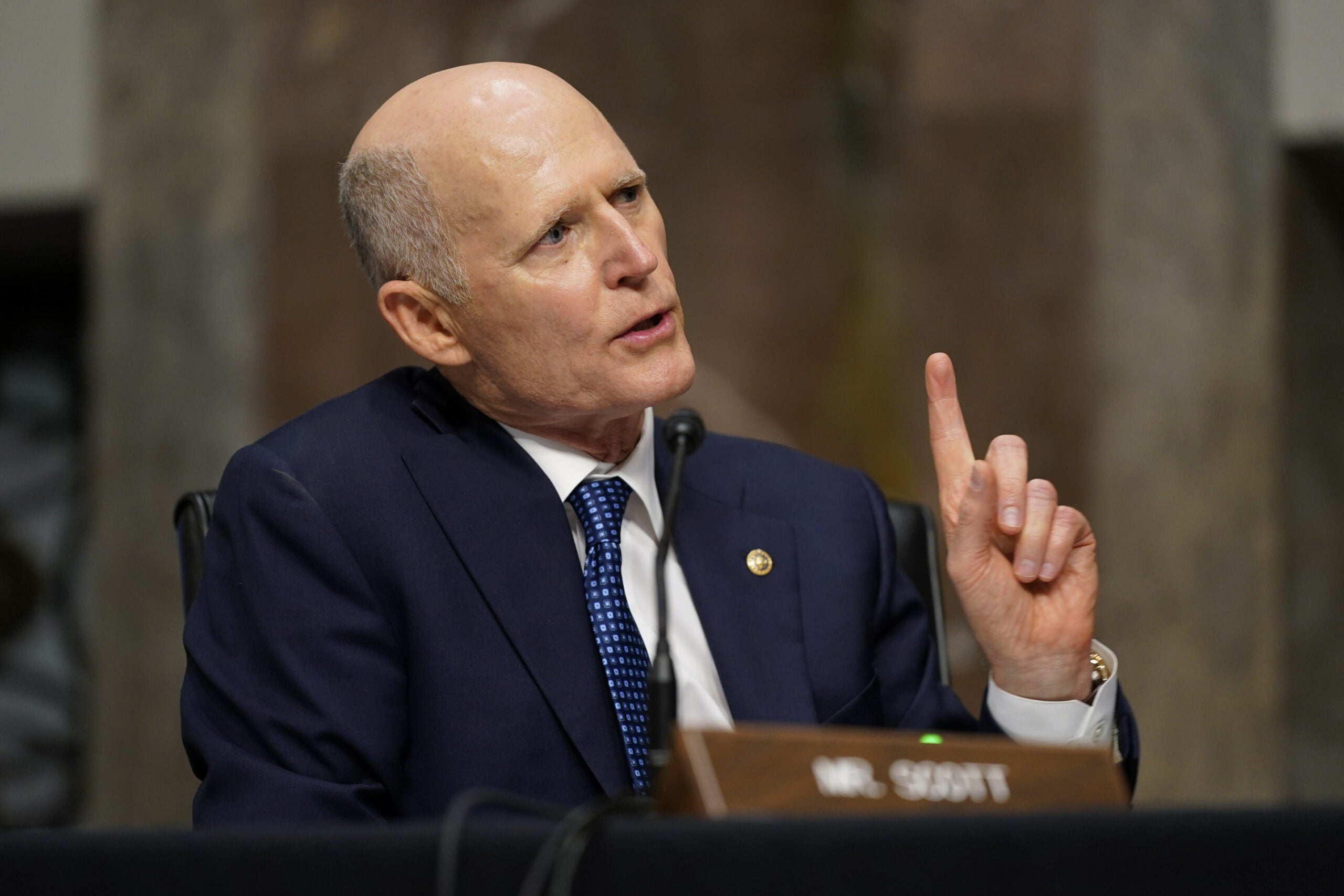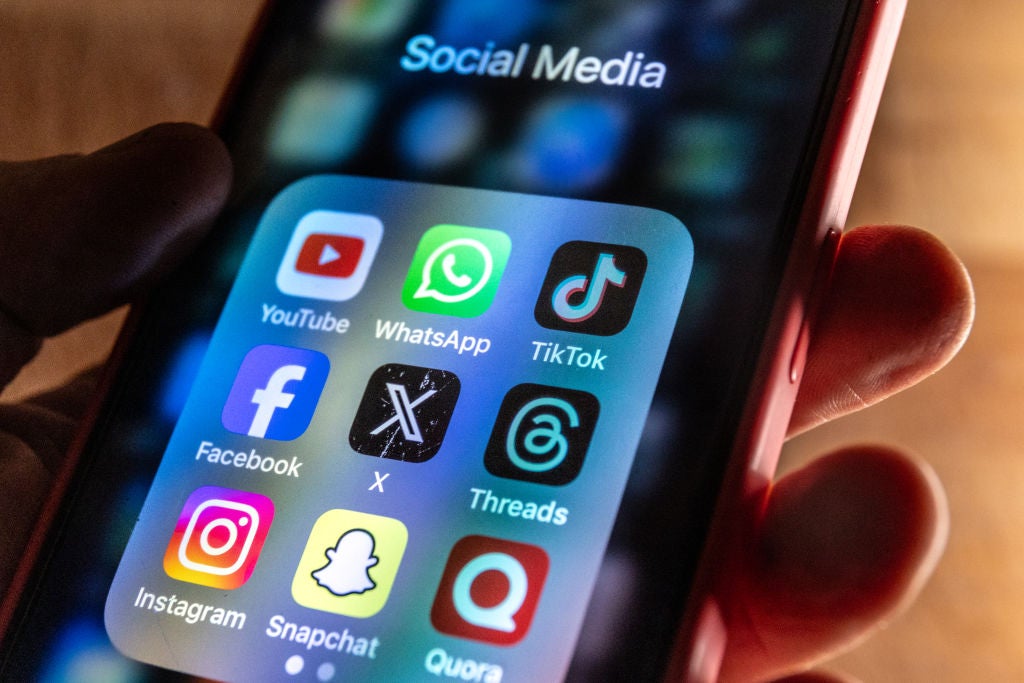
Career networking site LinkedIn and its parent company Microsoft are facing accusations of compliance with state censorship in China after profiles belonging to journalists critical of Beijing vanished from the Chinese version of the service.
Earlier this week, the accounts of Axios journalist Bethany Allen-Ebrahimian and independent journalists Melissa Chan and Greg Bruno were taken down by the professional networking platform. Bruno has written a book documenting Beijing’s campaign against Tibetan refugees. LinkedIn is the only major Western-based social media service normally accessible in China.
“While I am not surprised by the Chinese Communist Party’s discomfort with the topic of my book, I am dismayed that an American tech company is caving to the demands of a foreign government intent on controlling access to information,” Bruno told Verdict today.
“It seems clear that LinkedIn made the decision to choose profits over truth,” he added.
In a letter to LinkedIn CEO Ryan Roslansky and Microsoft CEO Satya Nadella sent on Thursday, US Senator Rick Scott (Republican, Florida) called the move a “gross appeasement and an act of submission to Communist China”.
Earlier this week, several journalists who had been reporting about issues in China said that their LinkedIn profiles had been blocked on the Chinese mainland. On Tuesday, Bruno tweeted that he had received an alert from LinkedIn stating that his “prohibited content” would no longer be visible in China.
How well do you really know your competitors?
Access the most comprehensive Company Profiles on the market, powered by GlobalData. Save hours of research. Gain competitive edge.

Thank you!
Your download email will arrive shortly
Not ready to buy yet? Download a free sample
We are confident about the unique quality of our Company Profiles. However, we want you to make the most beneficial decision for your business, so we offer a free sample that you can download by submitting the below form
By GlobalData“Your LinkedIn profile is an integral part of how you present your professional self to the world. That’s why we believe it’s important to inform you that due to the presence of prohibited content located in the Publications section of your LinkedIn profile, your profile and your public activity, such as your comments and items you share with your network, will not be made viewable in China,” the notice read.
Bruno told Verdict:
“In the email I received explaining its actions, LinkedIn suggests that my ban is not permanent, and that I am welcome to ‘update the Publications section’ of my profile ‘to minimize the impact’ of my offending content. I will not be doing that. While I thank LinkedIn for the offer, I’d rather leave the censoring to them,” Bruno asserted.
It took #Chinese censors three years, but my book, #BlessingsFromBeijing, has just now been labelled "prohibited content" by @LinkedIn in China.#CensoredInChina pic.twitter.com/cqJVqhFY5b
— gregcbruno (@gregcbruno) September 28, 2021
The other journalists whose “prohibited content” was flagged also had works published on topics deemed highly sensitive by Beijing, including the treatment of ethnic and religious minority Uyghurs in Xinjiang and the state of China’s deteriorating democracy.
Scott pointed out that “LinkedIn’s decisions only emboldens Communist China to continue abuses against the Uyghurs and other Muslim minorities in Xinjiang.”
LinkedIn did not immediately respond to Verdict’s request for comment on this story.
LinkedIn’s parent company, Microsoft, also came under fire from the US lawmaker.
“The censorship of these journalists raises serious questions about Microsoft’s intentions and its commitment to standing up against Communist China’s horrific human rights abuses and repeated attacks against democracy,” wrote Scott.
Among other things, Scott asked whether Microsoft or LinkedIn employs members of the CCP and whether a member of the CCP contacted Microsoft or LinkedIn to request that the above-mentioned accounts be censored.
LinkedIn’s status as the only major western social media platform accessible to the Chinese public is only sustained by a delicate balancing act. To continue its presence in China, LinkedIn has an arrangement with the Chinese state in which the website agrees to take action against users deemed in violation of Chinese law.
Chinese regulators had previously reprimanded the site for failing to adequately screen content deemed sensitive to Beijing, the New York Times reported. Following a meeting in March, the platform took down a number of accounts, including one US congressional staff member.
The move prompted an inquiry by US Representative Jim Banks, a Republican from Indiana, who wrote to LinkedIn’s Roslansky asking for details about which of Beijing’s “speech regulations” the platform enforces.
In another incident in 2019, LinkedIn blocked the account of Zhou Fengsuo, a US-based human rights activist, which became one of the platform’s highest-profile blacklisting cases. Zhou was once number five on Beijing’s most wanted list for his role in the Tiananmen Square protests.
His removal from the platform prompted public outrage, after which LinkedIn revoked the action, claiming that Zhou’s page had been “blocked in error”.
UPDATE
Two weeks after this story was originally published, Microsoft announced that it was closing the Chinese version of LinkedIn, citing the changing political environment in the country as one of the reasons behind the decisions.




